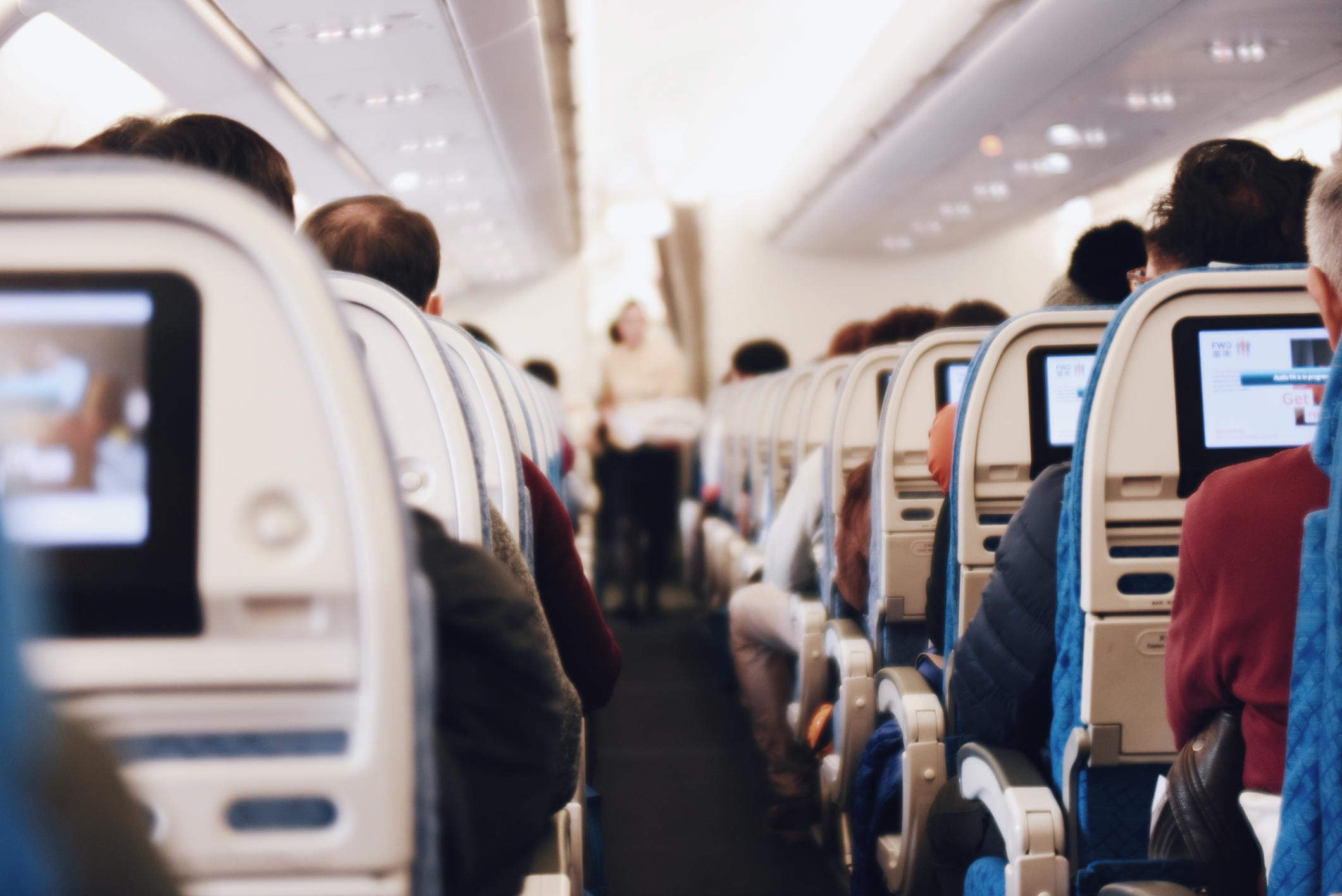The aviation industry is a vital sector that plays a significant role in the global economy. It encompasses a wide range of activities, including manufacturing, maintenance, and operation of aircraft. However, the industry is facing several challenges, especially in human resources management. The aviation industry is highly regulated, and the demand for skilled labor is increasing, making it difficult to recruit, retain, and train employees.
One of the significant challenges in the aviation industry is the shortage of skilled labor. The aviation industry is facing a severe shortage of pilots, technicians, and engineers. This shortage is due to the high cost of training, aging workforce, and competition from other industries. Furthermore, the industry is highly regulated, and the demand for skilled labor is increasing, making it difficult to recruit, retain, and train employees.
To address these challenges, the aviation industry can leverage HR systems such as HRIS, HRMS, and HCM. These systems can help in managing employee data, recruitment, training, and development. HR systems can automate routine HR tasks, enabling HR professionals to focus on more strategic activities. In addition to these benefits, HR systems can also help in improving organizational performance. This is because they enable organizations to better align HR strategies with business goals and reduce costs associated with employee turnover. For example, HR systems can automate the recruitment and selection process, reducing time spent on it and improving candidate experience.
The benefits of having an HR system in the aviation industry are numerous. First, it can help in improving the efficiency of HR processes. By automating routine tasks, HR professionals can focus on more strategic activities, such as talent management, employee engagement, and succession planning. Second, HR systems can help in reducing errors and improving compliance. For instance, it can help in ensuring accurate payroll processing, benefits administration, and compliance with labor laws. Third, HR systems can help in improving employee engagement and retention. By providing employees with access to self-service portals, they can manage their benefits, track their performance, and access training and development resources.
In conclusion, the aviation industry is facing significant challenges in human resources management. However, by leveraging HR systems such as HRIS, HRMS, and HCM, the industry can address these challenges. HR systems can help in managing employee data, recruitment, training, and development. The benefits of having an HR system in the aviation industry include improved efficiency, reduced errors, and improved compliance, and improved employee engagement and retention. Therefore, it is essential for aviation companies to invest in business software and enterprise systems to manage their HR processes effectively.
For over 30 years, Multiable has been offering comprehensive HR systems to its clients. Through partnerships with over 6,000 Asian companies, Multiable HCM system has transformed the way they handle their workforces. This system is specifically designed to streamline the management of human resources and related processes. It is a versatile solution that can be tailored to meet each client’s unique needs. By establishing standardized business processes and enhancing communication, the system simplifies workforce management, enabling companies to operate with greater efficiency and effectiveness.
Contact us


